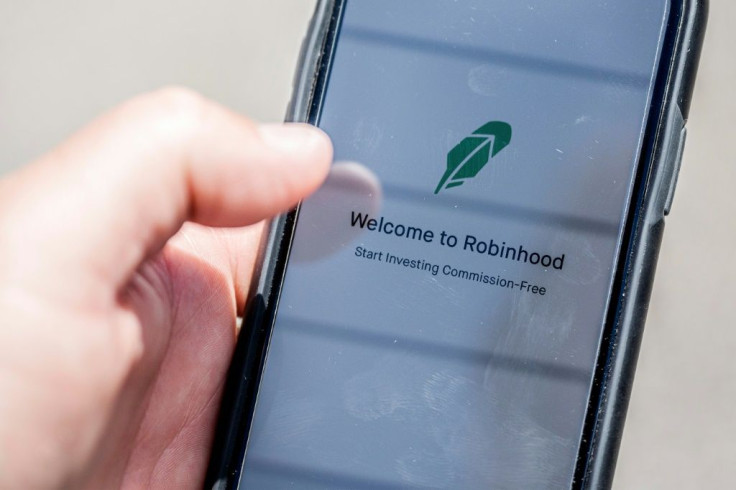Suicide Of Young Trader Prompts Soul-searching At Robinhood

The suicide of a young trader who thought he lost hundreds of thousands of dollars on Robinhood has intensified scrutiny of the online platform popular with millennials new to investing.
Alexander Kearns took his life on June 12 after his Robinhood account showed a negative balance of $730,000 based on options trades.
"The emotional stress from the exposure caused him to take his own life," tweeted Bill Brewster, a cousin of the 20-year-old Kearns and a financial analyst based in Chicago.
Kearns's family believes Robinhood did a poor job of explaining and accounting for complex financial trades, leading him to misinterpret the figures.
They think his account actually had a positive balance.
Robinhood declined to comment directly on Kearns's account, but a source familiar with Robinhood's procedures said Thursday that during options trading, an account with a positive portfolio can show a negative cash position.
In a blog post on June 19, Robinhood cofounders Vlad Tenev and Baiju Bhatt said they were "personally devastated" and promised to revise requirements for investing in options, bolster the platform's educational resources and improve the user interface.
Tenev and Bhatt also announced a $250,000 donation to the American Foundation for Suicide Prevention.
Robinhood was launched in 2013 with the stated goal of democratizing access to Wall Street trading and eliminating commissions on trades of stocks, options and exchange-traded funds.
The platform also permits traders to buy fractions of shares of more expensive companies and grants free stock to new customers.
The company is among "fin tech" upstarts remaking finance with smartphone-oriented technology. Robinhood raised $280 million in fresh capital in May.
Users are humored by features like an explosion of virtual confetti after each transaction, and can keep lists of favored stocks to follow.
In early May, Robinhood reported 13 million accounts on the platform following a surge in new customers as a result of coronavirus lockdowns.
That was a much bigger increase in new customers compared with Charles Schwab, TD Ameritrade and E*TRADE, even if the older firms had accounts with much higher values.
Many of Robinhood's new users are day traders attracted to penny stocks -- a category shunned by big-time investors.
A number of the fledgling traders have actually done well this year, according to an analysis by Societe Generale of trades since the beginning of the year.
"Their timing back into the market looks impeccable with a significant pick-up in holdings as equity markets bottomed in mid-March," the French bank said in a recent note.
But there were questions about Robinhood even before the Kearns tragedy.
The platform's revenues are based on subscriptions to its premium service, as well as payments from market makers for routing their orders.
The latter is often a source of compensation for brokerages, but it is controversial because of its opacity -- seemingly contradicting Robinhood's commitment to transparency.
The platform is vulnerable to technology outages and has also had some stumbles as it introduced new products such as a high-yield savings account.
But the biggest criticism has been the lack of protections for retail investors.
"Robinhood makes it far too easy for young, inexperienced, low-account balance investors to get into risky investing behaviors that they are neither educated enough nor experienced enough to engage in," said Tara Falcone, a certified financial planner and founder of ReisUP, a financial literacy service.
Robinhood permitted investments in cryptocurrencies like bitcoin without warning of the risks involved, Falcone said, and though the company's statements since Kearns's suicide suggest progress, it needs to go much further.
"Democratizing access to investing is a wonderful mission and they've clearly done a tremendous job in doing so," she said.
"But with that type of freedom comes a lot of responsibility. Some of that is on the shoulders of the individuals engaging in these acts, but I also believe that Robinhood has a responsibility to their stakeholders."
© Copyright AFP {{Year}}. All rights reserved.





















